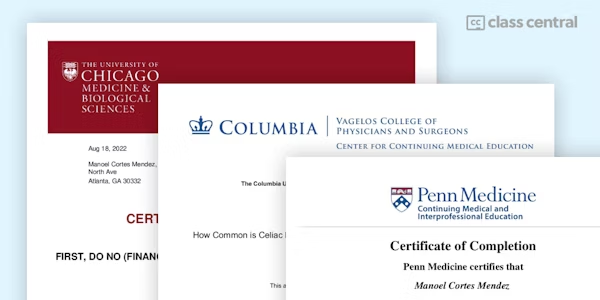Many health complaints, such as cardiovascular disease, diabetes or joint problems seem inescapable diseases of old-age, but originate mostly from our lifestyle. A lifestyle that is largely dictated by our environment. The mismatch between our 'old' genes - our evolutionary heritage - and the 'modern' environment is the reason that we cannot resist the constant stimuli that seduce us to make unhealthy choices. Do's and don'ts cannot help us.
This health course will take a radically different approach to showing you how to secure a lifestyle, which will keep you healthy throughout the lifespan. We have to let the environment do the work for us. By making small changes at our home, work, school or neighbourhood, healthier choices can become easier and automated.
Practical assignments will give you the skills to re-design your daily environments to promote healthy, longer lives for you and your family, colleagues and neighbours with whom you share your re-designed environments. You will learn how to create your own healthy living zone!
We will take you on excursions to Copenhagen, Denmark and to Ghent, Belgium to show you hands-on how the environment can help you live longer, healthier and happier lives!
Video image©Tijs Koelemeijer / [email protected]



